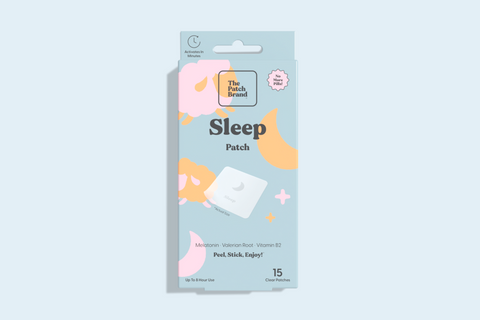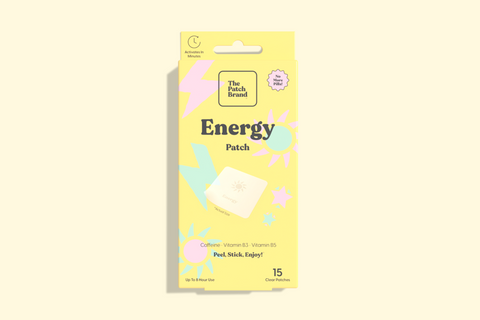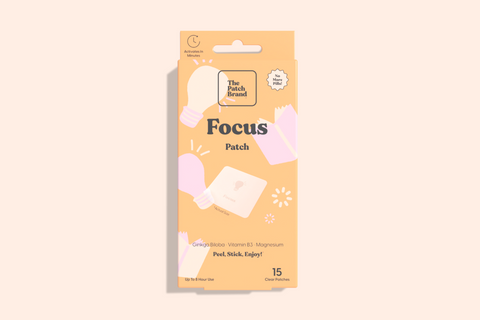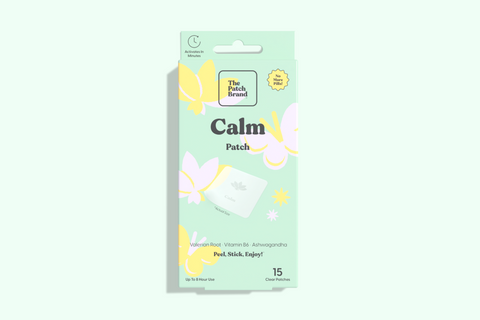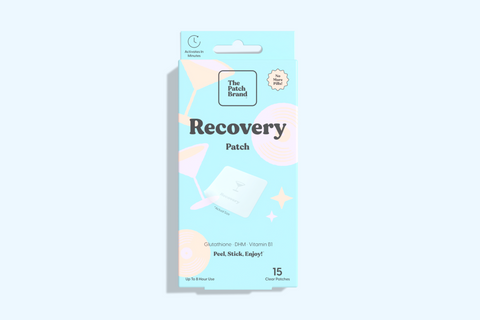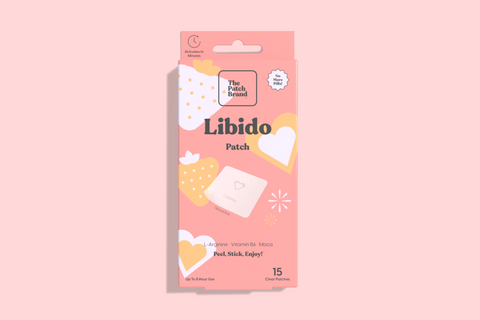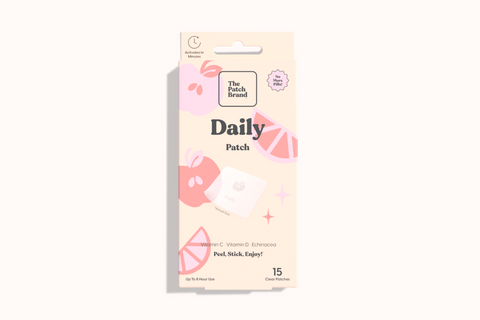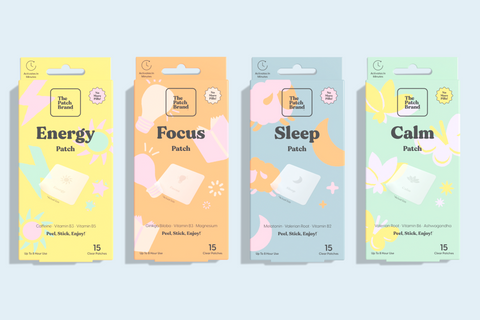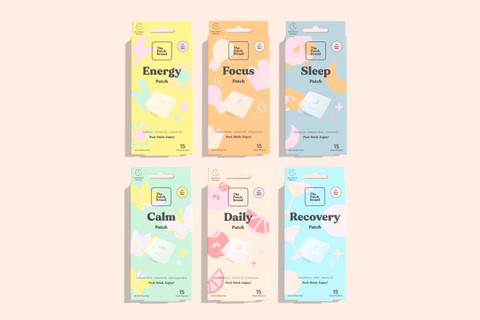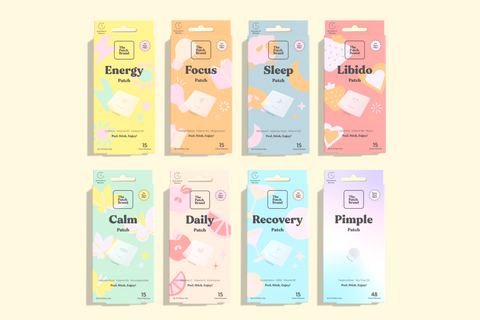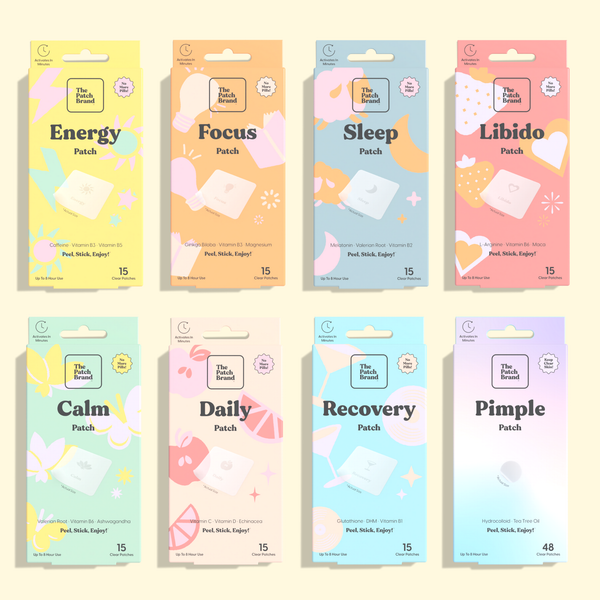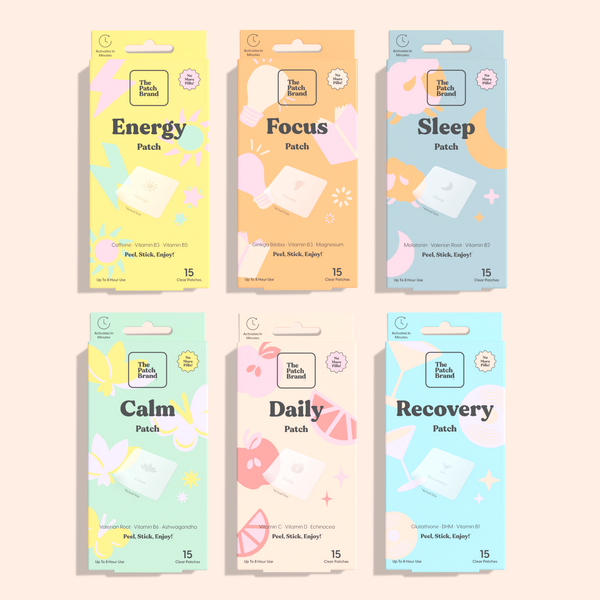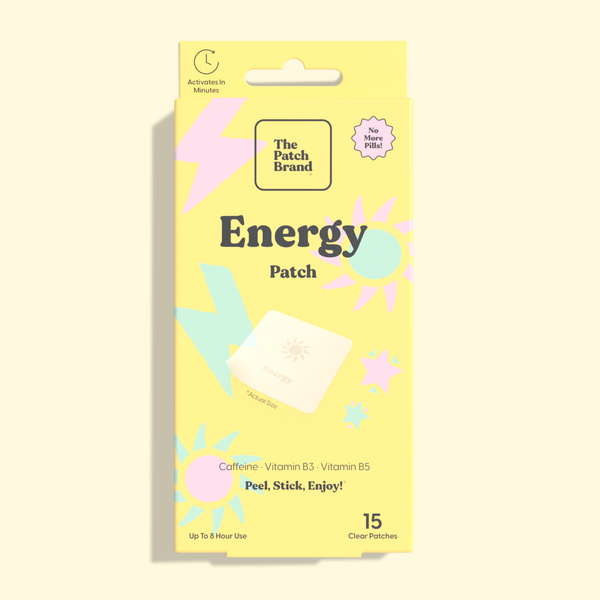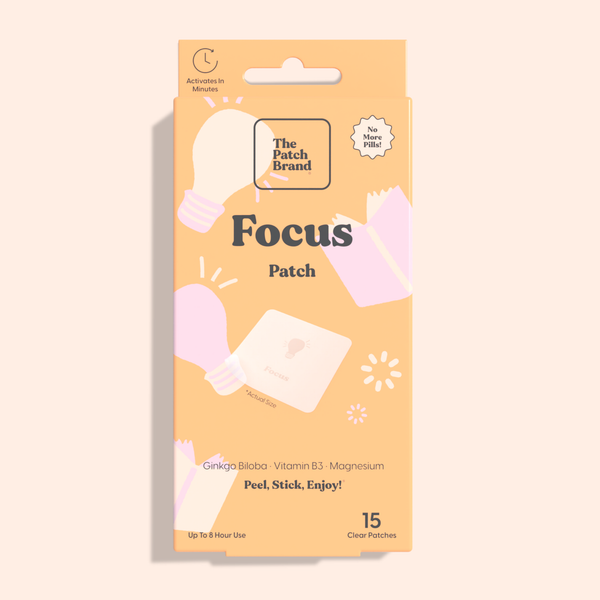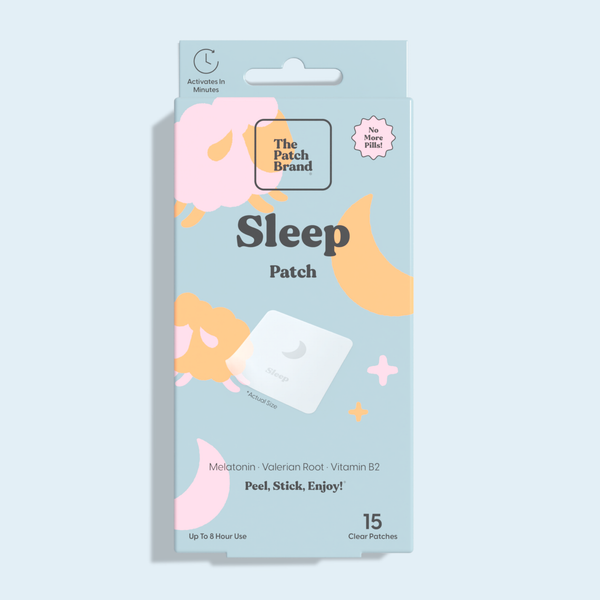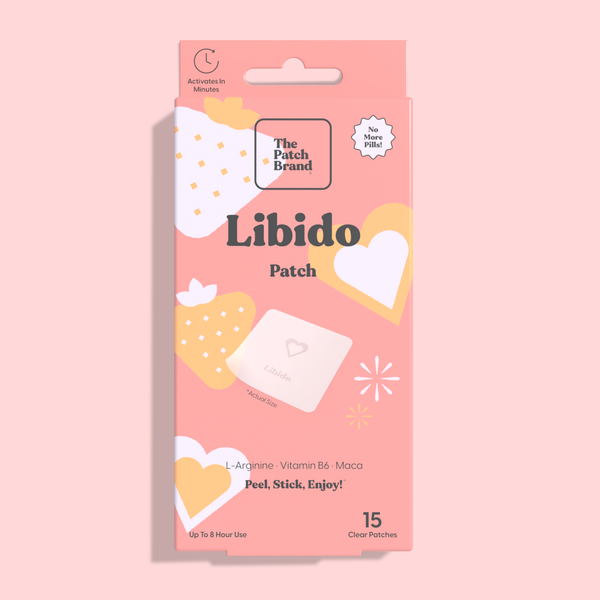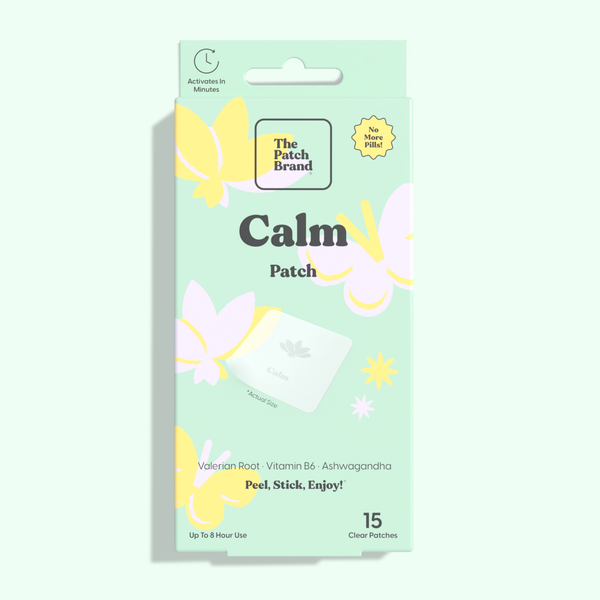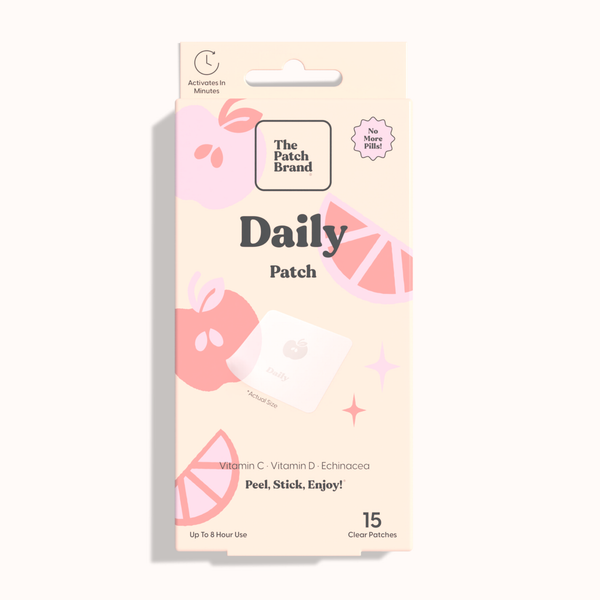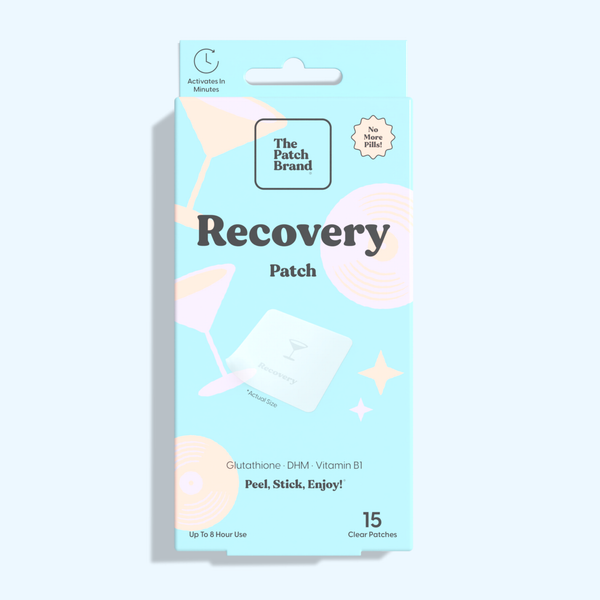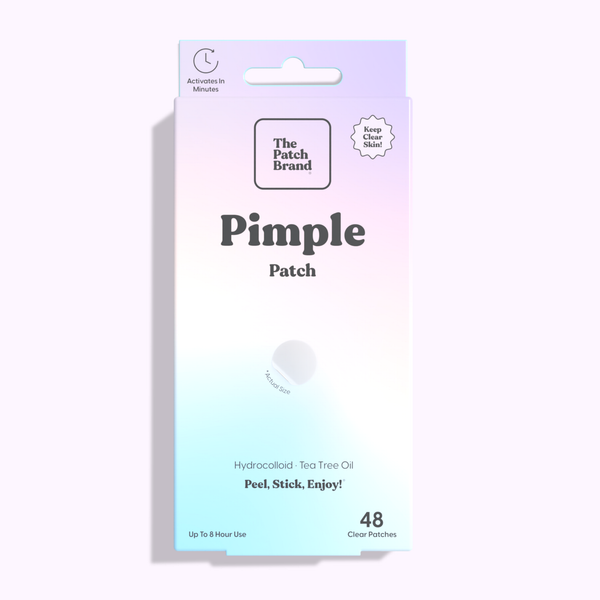Pimples, a common yet frustrating skin issue, have various underlying causes. Understanding these causes is the first step toward effective prevention and treatment. This section delves into the factors that contribute to pimple formation, primarily focusing on the role of hormonal changes.
Bacteria's Role in Pimple Formation
The skin's sebaceous glands produce sebum, a natural oil that helps to keep the skin hydrated and protected. However, excess sebum production can lead to problems. This overproduction, often triggered by hormonal changes, provides an ideal environment for the proliferation of Propionibacterium acnes (P. acnes), a common skin bacterium. When P. acnes bacteria become trapped in the pores along with excess oil and dead skin cells, it can lead to inflammation, resulting in the formation of pimples.
Clogged pores are a primary culprit in pimple development. Pores can become clogged due to various factors, such as excessive oil production, accumulation of dead skin cells, and the presence of bacteria. When pores are blocked, sebum cannot escape, leading to swelling and the formation of pimples. Regular cleansing and exfoliation can help prevent pores from becoming clogged, thereby reducing the likelihood of pimples.
Building an Effective Skincare Routine
An effective skincare routine begins with selecting the right products, and a crucial characteristic to look for is non-comedogenicity. Non-comedogenic products are formulated to prevent clogging of pores, a primary factor in pimple formation. This is especially important for those with oily or acne-prone skin. By using non-comedogenic products, you can significantly reduce the risk of pimples and promote healthier skin. These products range from cleansers and moisturizers to makeup, ensuring that every step of your skincare routine supports clear skin.
A foundation of any skincare routine is a gentle cleanser. It's vital to choose a cleanser that removes dirt, oil, and impurities without stripping the skin of its natural moisture. Harsh cleansers can irritate the skin, leading to increased oil production and more pimples. Gentle cleansers, on the other hand, maintain the skin's natural balance, effectively cleaning while preserving the skin's protective barrier. This balance is key to preventing new pimples and maintaining overall skin health.
Moisturizing is an essential step in skincare, even for oily and acne-prone skin. The key is to use oil-free moisturizers, which hydrate the skin without adding extra oil. These moisturizers help maintain the skin's hydration levels, preventing the overproduction of oil that can lead to pimples. Well-hydrated skin also tends to be more resilient, better able to withstand environmental stressors, and less prone to irritation.
Regular exfoliation is another important element of an effective skincare routine. It helps in removing dead skin cells that can clog pores and lead to pimples. However, it's important to exfoliate moderately – typically once or twice a week – to avoid irritating the skin. Here's a simple guide to incorporating exfoliation into your routine:
-
Choose the Right Exfoliant: Look for products with gentle exfoliating agents like salicylic acid.
-
Be Gentle: Use light, circular motions to apply the exfoliant. Avoid scrubbing harshly.
-
Frequency: Limit exfoliation to once or twice a week to prevent skin irritation.
-
Follow-Up Care: Always moisturize after exfoliating to soothe and hydrate the skin.
-
Sun Protection: Exfoliated skin can be more sensitive to the sun, so apply sunscreen during the day.
By following these steps, you can ensure that your skin is exfoliated effectively, reducing the likelihood of pimples and keeping your skin healthy and radiant.
Dietary Influence on Skin Health
The link between diet and skin health is undeniable, and certain foods can aggravate acne. High-glycemic foods like sugary treats, white bread, and other refined carbohydrates can trigger hormonal fluctuations and inflammation, leading to increased pimple formation. Dairy products, particularly those high in hormones, can also stimulate oil production, contributing to acne. Being mindful of these foods and moderating their intake can be a beneficial strategy in managing and preventing pimples.
On the other hand, certain foods can promote skin health and aid in pimple prevention. Foods rich in omega-3 fatty acids, like salmon and flaxseeds, have anti-inflammatory properties that can reduce the occurrence of acne. Antioxidant-rich fruits and vegetables, such as berries, leafy greens, and carrots, help combat inflammation and protect skin health. Incorporating these nutrient-dense foods into your diet can support your skin's well-being and reduce pimple outbreaks.
Hydration plays a crucial role in maintaining skin clarity. Water helps in detoxifying the body, flushing out toxins that can lead to skin issues like pimples. It also aids in maintaining the balance of natural oils and moisture in the skin, preventing over-drying and over-oiling, both of which can cause acne. Ensuring adequate water intake is a simple yet effective way to support your skin's health and prevent pimples. Drinking enough water, alongside a balanced diet, forms a solid foundation for healthy, clear skin.
Lifestyle Factors in Pimple Prevention
Stress triggers the release of cortisol, a hormone that can increase oil production in the skin, leading to pimples. Managing stress effectively is therefore vital for maintaining clear skin. Techniques like mindfulness, meditation, and yoga can be effective in reducing stress levels. Engaging in activities that you enjoy, whether it's reading, hiking, or painting, can also help lower stress. A balanced lifestyle that includes stress management can have a noticeable impact on your skin's health and appearance.
Quality sleep is essential for skin health. During sleep, the body undergoes repair and regeneration processes, including in the skin. Lack of adequate sleep can disrupt these processes, leading to increased stress and inflammation, which can worsen acne. Establishing a regular sleep schedule and ensuring you get enough restorative sleep each night is a key component in preventing pimples and maintaining overall skin health.
Regular exercise is beneficial not just for your overall health but also for your skin. Exercise increases blood flow, which helps nourish skin cells and keep them vital. It also helps in reducing stress, a known trigger for acne. However, it's important to maintain proper hygiene during and after workouts to prevent sweat and bacteria from clogging pores.
Over-the-Counter Pimple Treatments
Salicylic acid is a standout ingredient in the realm of over-the-counter acne treatments. As a beta-hydroxy acid, it's highly effective at penetrating pores to dissolve the buildup of dead skin cells and excess oil that can lead to pimples. Salicylic acid also has anti-inflammatory properties, making it an excellent choice for reducing redness and swelling associated with acne. Regular use of products containing salicylic acid can lead to clearer skin over time, as it helps prevent new pimples from forming while treating existing ones.
Benzoyl peroxide is another powerful over-the-counter option for treating pimples. It works by killing acne-causing bacteria and helping to unclog pores. Benzoyl peroxide is effective for a wide range of acne types, from mild to moderately severe. While it can be a bit drying for some skin types, starting with a lower concentration and gradually increasing as your skin adjusts can help minimize this issue. It's a go-to ingredient for many due to its proven effectiveness in reducing acne.
Pimple patches have gained popularity as a targeted treatment for pimples. These small, discreet hydrocolloid patches are placed directly over a pimple. They work by absorbing excess fluid, reducing inflammation, and creating a protective barrier against bacteria and irritants. Here's how to use them effectively:
-
Cleanse Your Skin: Before applying a pimple patch, ensure your skin is clean and dry.
-
Apply the Patch: Choose a patch size that covers the pimple completely and press it on gently.
-
Leave It On: Let the hydrocolloid pimple patches work their magic for several hours or overnight.
-
Gentle Removal: Remove or replace the patch as per the instructions. Avoid pulling or tugging on the skin.
Pimple stickers are a convenient and effective way to treat pimples, especially when you're on the go. They're particularly useful for those occasional, pesky pimples that pop up at the most inopportune times.
Prescription and Advanced Treatments
For more severe cases of acne that don't respond well to over-the-counter treatments, retinoids can be an effective prescription option. Retinoids, derived from Vitamin A, work by promoting cell turnover and preventing the clogging of hair follicles, which can lead to pimples. They also have anti-inflammatory properties, making them effective in treating both whiteheads and blackheads. It's important to note that retinoids can make skin more sensitive to sunlight, so using sunscreen and following a dermatologist's guidance is crucial when using these treatments.
Antibiotics, either topical or oral, are often prescribed for acne to reduce inflammation and fight bacteria on the skin. Topical antibiotics are applied directly to the skin and are used for milder cases, while oral antibiotics can be prescribed for more severe or persistent acne. However, it's essential to use antibiotics as directed by a healthcare professional, as overuse can lead to antibiotic resistance.
Chemical peels are another treatment option for acne, involving the application of a chemical solution to the skin to remove dead skin cells and stimulate the growth of new cells. Peels can vary in strength and are used to treat different types of acne, reduce scars, and improve skin texture. They should be performed by a certified dermatologist, as they can cause side effects if not done properly.
Laser therapy and hormonal treatments are advanced options for acne that don't respond to other treatments. Laser therapy involves using concentrated light to target and reduce acne, while hormonal treatments, like birth control pills and anti-androgen drugs, can be effective for acne caused by hormonal imbalances. These treatments should be considered under the guidance of a healthcare professional, as they involve specific considerations and potential side effects.
Debunking Myths and Misconceptions
The world of skincare is riddled with myths and misconceptions, especially when it comes to pimples. One common myth is that acne is caused solely by poor hygiene. While keeping the skin clean is important, pimples are more often a result of hormonal changes, genetics, and other internal factors. Another widespread belief is that only teenagers get acne. The truth is, that adults can and do experience acne well into their 30s and beyond. Also, the idea that popping pimples is a harmless way to get rid of them quickly is misleading; this can lead to further inflammation, infection, and scarring.
When it comes to skincare, it's vital to rely on evidence-based advice. For instance, while diet can impact acne, no specific food is a universal trigger for everyone. It's more about overall dietary patterns and individual sensitivities. Similarly, while oily skin is more prone to pimples, it still needs hydration; oil-free and non-comedogenic moisturizers are essential. Understanding these nuances is key to effective skincare and pimple management. It's always best to consult with a dermatologist for personalized advice, especially for persistent or severe acne cases.
Empowerment comes with knowledge. By debunking common myths and misconceptions, we can adopt evidence-based practices for pimple prevention and treatment. Over-the-counter treatments like salicylic acid, benzoyl peroxide, and pimple patches offer effective solutions for mild to moderate cases. For more severe acne, prescription treatments such as retinoids, antibiotics, chemical peels, laser therapy, and hormonal treatments can be considered under professional guidance. Remember, each skin is unique, and what works for one person may not work for another. Patience, consistency, and adapting to your skin's changing needs are key to achieving and maintaining clear skin. With the right information and practices, managing pimples becomes a more straightforward and less daunting task.
